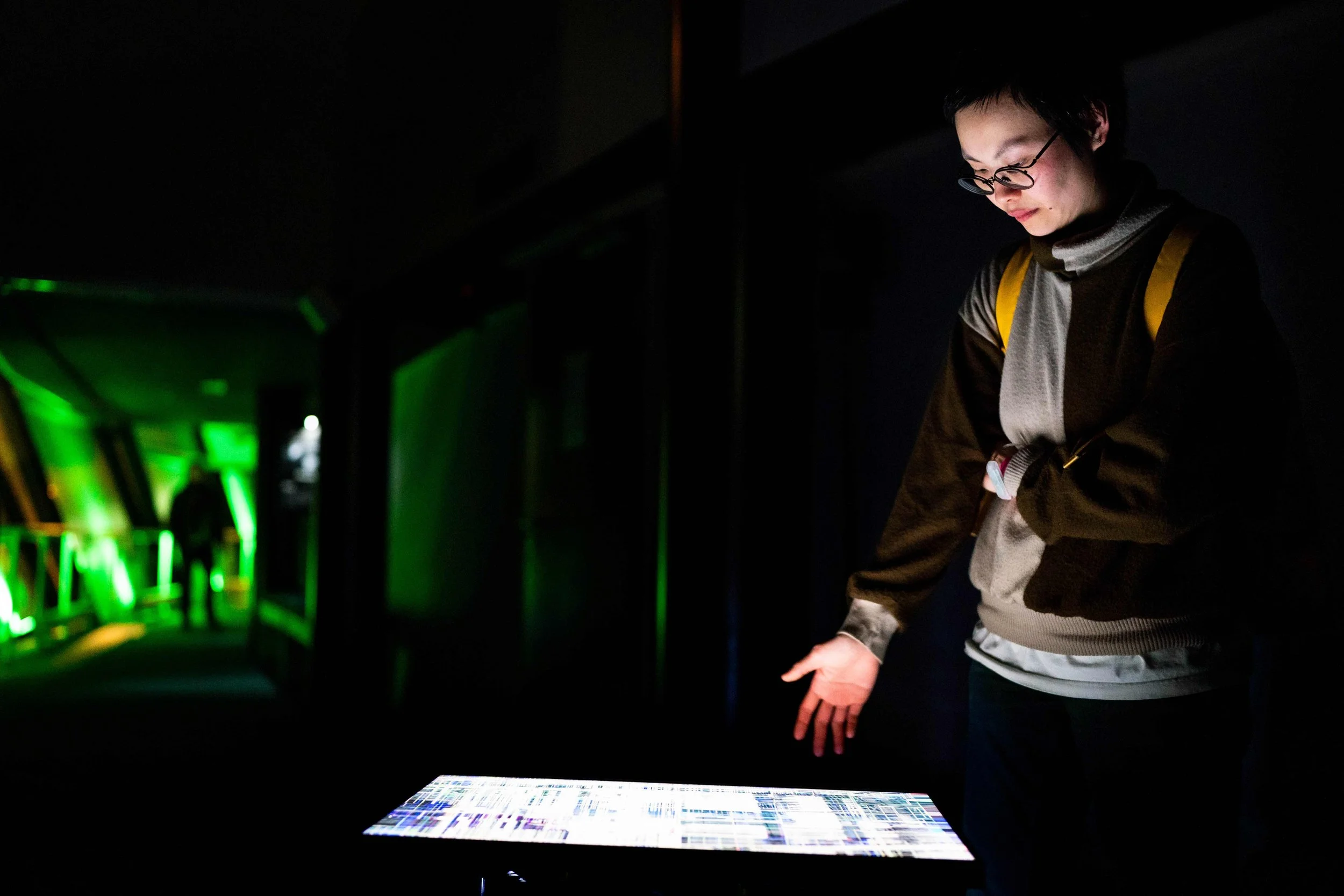
code of conduct
Code of Conduct and Protocol
Stichting Highlight Delft
Date: 24 May 2023
Location: Delft
1. Introduction
Stichting Highlight Delft aims to provide a safe environment free from all forms of structural oppression, including racism, sexism, ableism, homophobia, transphobia, xenophobia, and age-related discrimination.We take responsibility for maintaining a safe workplace for everyone involved in the organisation. Physical or verbal violence, and any other form of unwanted or (sexual) transgressive behaviour, will not be tolerated.A safe work environment grows out of a healthy organisation, where people can develop, collaborate, and contribute to shared goals. This requires a clear vision, transparent roles, and open relationships built on trust and respect.Stichting Highlight Delft recognises that this is an ongoing, collective effort. Everyone — from board members to staff, partners, and visitors — is asked to actively support this goal. All who work with or for Highlight Delft are expected to behave collegially and respectfully toward others, regardless of hierarchy. Everyone is also encouraged to remain alert to inappropriate behaviour and take proportionate action if concerns arise.This means that Highlight Delft is an inclusive environment where everyone treats each other with respect. Opinions may differ, but disagreements are resolved through dialogue. Physical and verbal violence are not tolerated.This code applies to everyone in Highlight Delft’s work environment — employees, freelancers, interns, volunteers, guests, contractors, researchers, and artists.The nature of our sector brings certain challenges, such as a competitive labour market, small teams with blurred boundaries between work and private life, tight deadlines, irregular hours, high expectations from society, complex collaborations, and limited resources.2. What Constitutes Undesirable Behaviour
Definitions are based on Dutch law, including the Civil Code, the Equal Treatment Acts, and the Working Conditions Act.Undesirable behaviour includes:• Intimidation: Behaviour that violates someone’s dignity and creates a threatening, hostile, humiliating, or offensive environment.• Sexual harassment: Any verbal, non-verbal, or physical behaviour with a sexual connotation that compromises a person’s dignity or creates a hostile or unsafe environment. Examples include inappropriate jokes, unwanted touching, explicit messages, or coercion.• Bullying: Repeated intimidating behaviour directed at an individual or group who cannot easily defend themselves — such as ridicule, exclusion, or deliberate obstruction at work.• Aggression or violence: Incidents in which a person is psychologically or physically threatened, harassed, or attacked in connection with their work.• Discrimination: Any statement, action, or decision that insults or excludes someone based on ability, appearance, ethnicity, religion, age, gender, sexual orientation, or any other protected ground.Highlight Delft explicitly applies these principles to all gender identities and regularly reviews how these definitions evolve.3. Reporting Undesirable Behaviour
Everyone connected to Highlight Delft — employees, freelancers, volunteers, participants, visitors, or partners — shares responsibility for maintaining a safe climate.If you experience or witness unwanted behaviour, you can report it in several ways:For staff, freelancers, interns, and volunteers:Report it to your direct supervisor or project lead.If that is not possible, contact the director or board of Highlight Delft.If internal reporting feels unsafe, contact an independent external confidential advisor via Mores (mores@devertrouwenspersoon.nl, +31 88 111 9950).
The external advisor is independent, bound by confidentiality, and helps assess the situation, advise on next steps, and support you through mediation or formal procedures.For visitors and guests:
You can report concerns to any Highlight Delft team member or by email to Daniëlle de Hoog (danielle@highlightdelft.nl).For service providers:
Contact your commissioning partner at Highlight Delft, or if that’s not possible, email Daniëlle de Hoog.All reports are taken seriously and treated confidentially. If needed, external professionals may be consulted.Highlight Delft’s management and board have a duty to ensure a safe workplace. In some cases, confidentiality may need to be limited to protect others or comply with legal obligations.4. Procedure
When a report of transgressive behaviour is made, Highlight Delft will generally:Listen to and support the reporter.Discuss the situation with involved parties if the reporter was a witness.Provide options and guidance if the reporter was personally affected. This may include mediation, referral to Mores, or contact with police or victim support.Seek expert advice if needed.Discuss serious cases with the board and apply appropriate measures, which may include formal warnings, suspension, or termination of cooperation.
All actions respect the reporter’s privacy and consent as much as possible, unless safety or legal requirements demand otherwise. Clear follow-up steps are agreed upon with all parties involved. Each case is assessed individually.